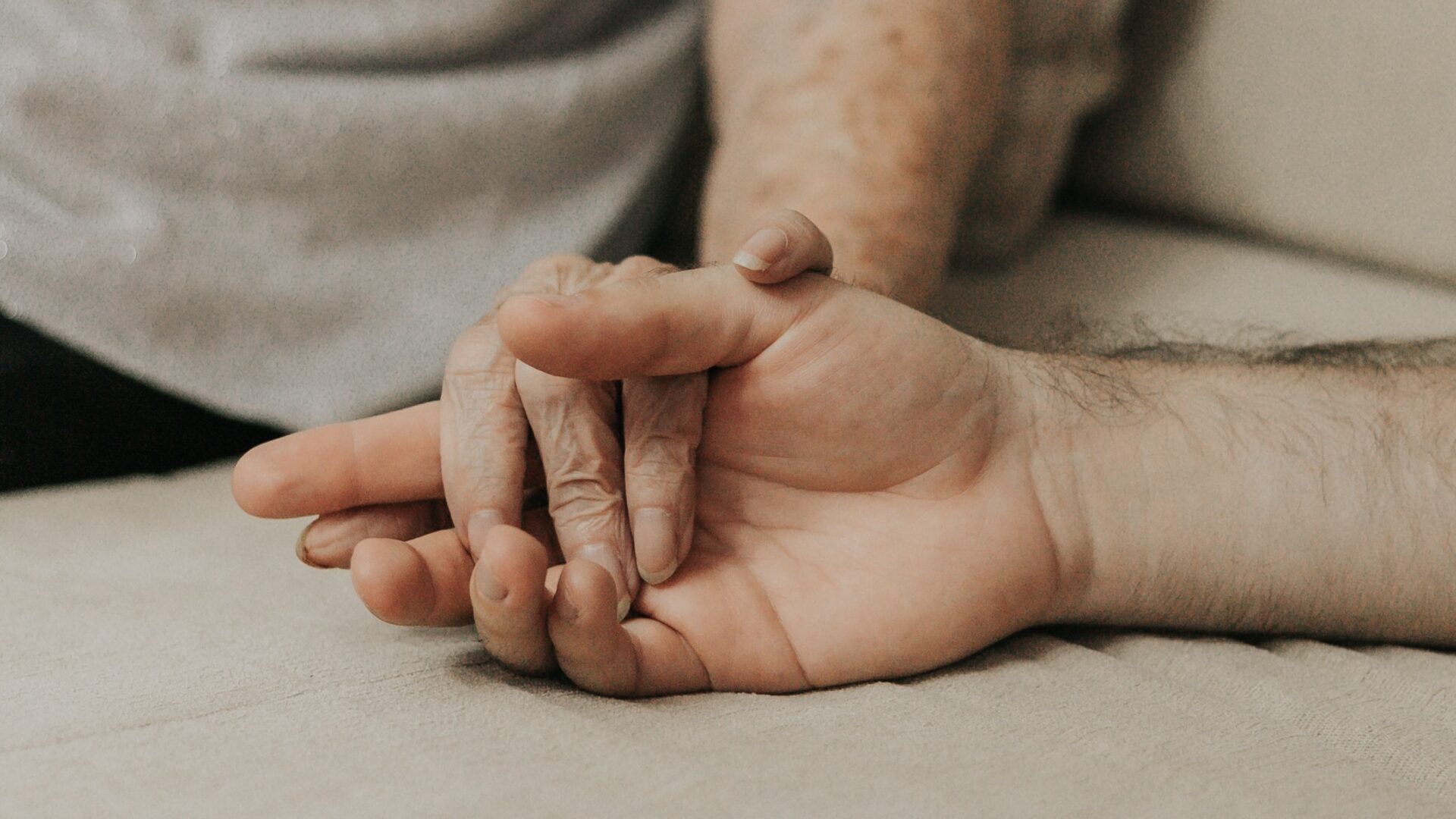End of life care is failing trans and gender diverse people says Hospice UK
Exclusive: “Trans and gender diverse people frequently experience unequal access to health and care services,” Director of Clinical Programmes at Hospice UK shared.

Hospice UK’s latest report highlights the “unacceptable” state of end of life care for trans and gender diverse people.
The report – “I just want to be me” Trans and Gender Diverse Communities’ Access to and Experiences of Palliative and End of Life Care – marks the first time examining how trans and gender diverse people are looked after when they die.
Drawing from first-hand testimony, it investigates the current state of accessibility and care for trans and gender diverse people.
Working with the Gender Identity Research & Education Society, the report highlights needed changes to make care accessible and inclusive.
In a statement to Attitude, Jonathan Ellis, Director of Policy, Advocacy and Clinical Programmes at Hospice UK, shared: “Trans and gender diverse people frequently experience unequal access to health and care services, and the same is true for care at the end of life.”
Ellis highlighted how this new report uses “real-world experience” to inform and understand end of life care.
“It serves as a platform to highlight the needs of these communities,” Ellis noted. He added the report “sets out recommendations for what hospices and palliative care professionals can do” to improve care.
Among conclusions, the report evidenced trans and gender diverse people have “not had their identity and expression respected and supported.”
“Discriminatory views [are] not being addressed in the work place”
Furthermore, details include central issues of being “misgendered [and facing] insensitive and inappropriate comments” among the most worrying.
Additionally, trans and gender diverse people are often apprehensive after having bad experiences with general health care.
Fears over their identity not being respected after death, in official records and funeral services, is also cause for concern.
Another core issue is the lack of professional understanding of trans people’s needs in the care system, despite best intentions.
“Professionals too have expressed concerns over a lack of knowledge within their workplace and even hostility towards trans and gender diverse people.”
Numerous staff also raised serious concerns over “discriminatory views not being addressed in the work place.”
“They are just understaffed and untrained overall”
Dr Ellie Kane, Consultant in Palliative Care Medicine, shared the need for “a robust inclusion policy.” This would protect patients and staff alike. She also highlights the need for this policy to be co-produced with the trans community.
Dr Kane calls on a ‘this is me’ document that allows the individual to communicate gender, pronouns, and transition-related medical needs.
Comments from community surveys prove to be especially insightful in regard to areas that are in desperate need of improvement.
“They are just understaffed and untrained overall,” one survey respondent wrote about hospitals treating trans individuals. “They do the best they can but are ill-equipped for anyone that is not the ‘norm’.”
Rebecca Blaylock – who was a carer for her father, Pip – shared she was “constantly misgendered” and almost gave up trying to correct staff.
The report ultimately concludes it’s “unacceptable” trans and gender diverse people don’t have the same access to high quality palliative and end of life care as cisgender people.
